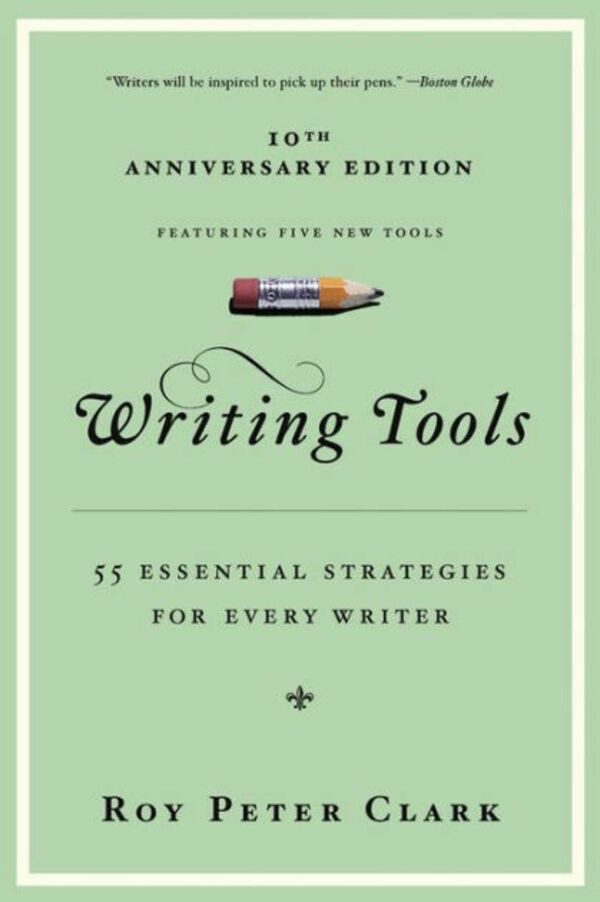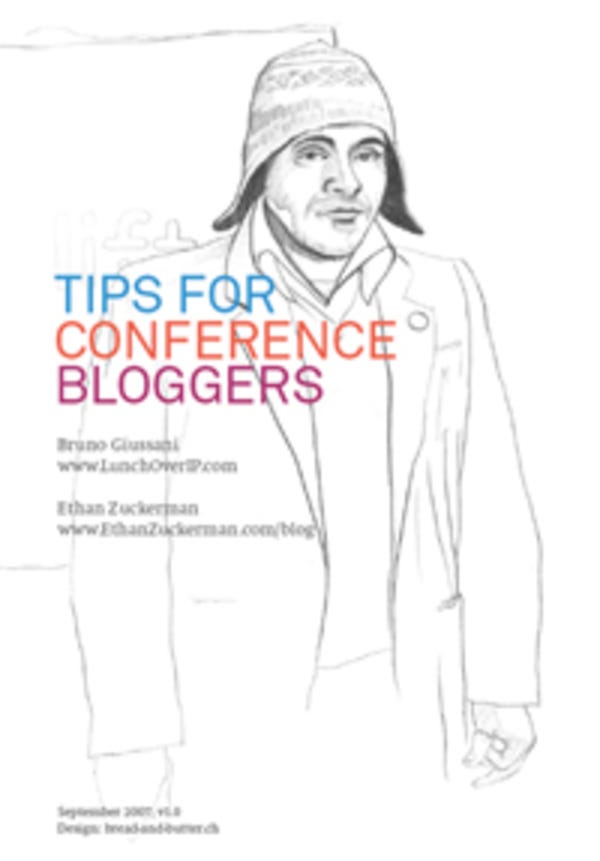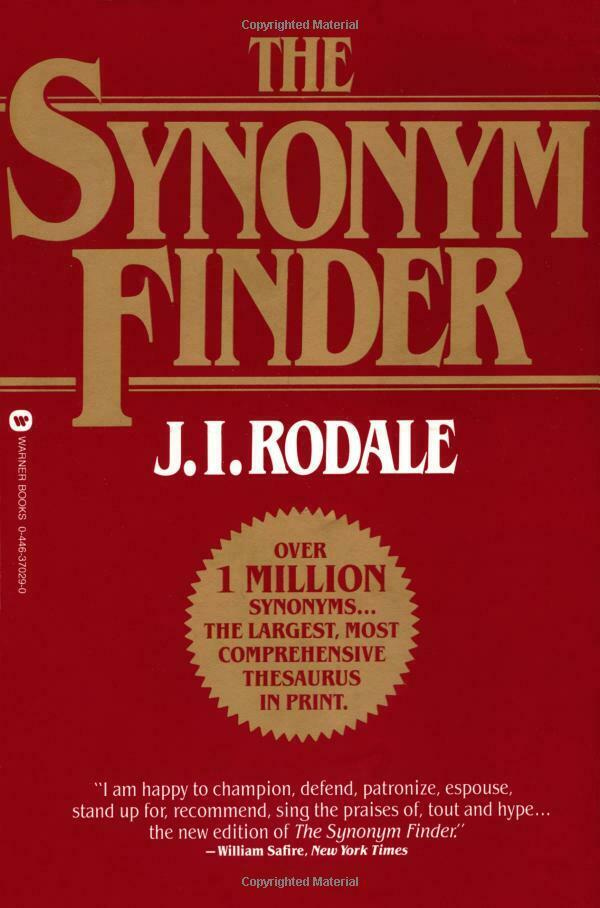MythBusters
Try-and-build science
This super educational series from the Discovery channel is now on DVD. The two hosts, veteran Hollywood effects experts, test urban myths. You know, folklore such as: you get less wet if you walk, not run, in rain. Or, you can kill someone with a bullet of ice that leaves no evidence. Or, a small hole in an airplane at altitude will rupture into a large one and suck everyone out. If it involves explosives, all the better — can a cell phone cause an explosion at a gas station? In each episode they build elaborate equipment to recreate the conditions of the myth in order to determine if the myth is remotely possible. Sometimes the apparatus is formidable. They bought a steel ship to test whether sinking it would suck you down if you were swimming nearby (a la Titanic). Their comprehensive recreation of the myth that a penny dropped from the Empire State Building will kill you is brilliant and probably the final word on the subject. The cool part is the techie way they approach the problems: make stuff yourself. As in the series Junkyard Wars, you learn a lot by watching tinkerers quickly build things that really work. But here, they are not just engineering. They are actually doing an entertaining kind of science experiment, with controls, measurements, and results. Once the defined experiment is completed they push it to the limit. In other words their approach to investigating an urban legend is this: first they test the conditions as stated in the myth, and then if that does not work, they try to recreate the results of the urban legend. For instance, if they can’t get an ordinary cell phone to ignite overflowing gasoline at a gas station (and they couldn’t), they’ll keep modifying the phone, gas supply, voltage, whatever it takes until they can get results — a spark from something like a phone that blows the station up. Cool! My entire family, including teenage girls, watches these with glee, and more than once, since there’s a lot going on. And as a bonus, you wind up with a fairly good grasp of which urban legends have any veracity. Now on the third season, they cover three myths per episode.
11/7/05MythBusters $35 per season on DVD Available from Amazon Also available streaming through Amazon Prime and Netflix









